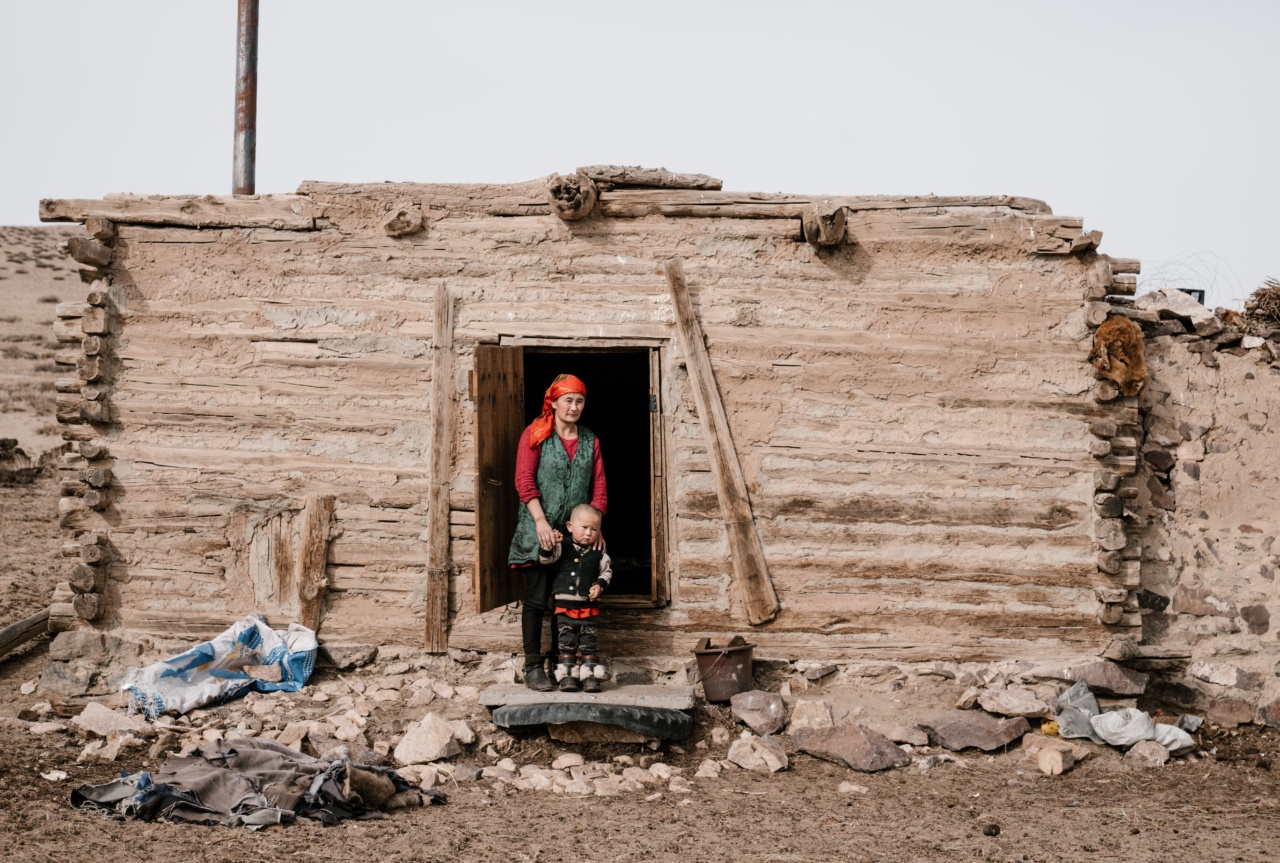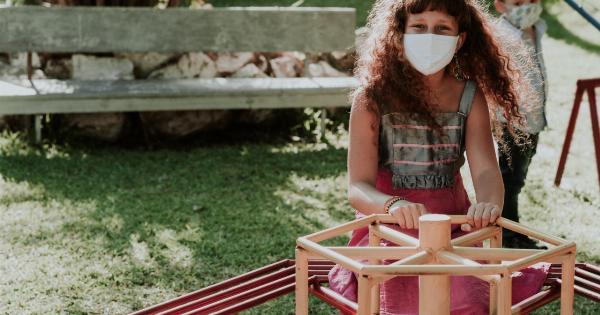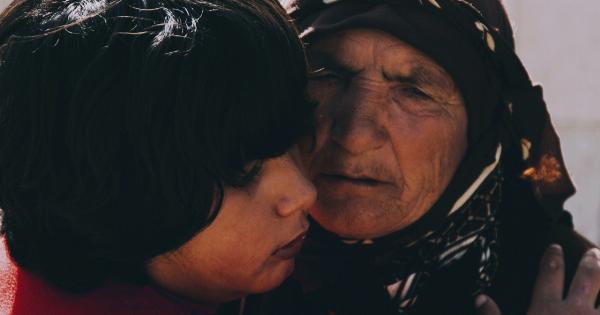Childhood depression is a serious mental health condition that affects many children and adolescents.
It is estimated that about 2-3% of children in the United States experience depression before the age of 12, and the numbers increase significantly as they enter adolescence. As a parent, it is important to be aware of the signs of childhood depression, as early detection and intervention can make a significant difference in a child’s life.
In this article, we will discuss some common signs of childhood depression that parents need to be aware of.
1. Persistent Sadness or Irritability
One of the most common symptoms of childhood depression is persistent sadness or irritability.
While it is normal for children to experience occasional sadness or irritability, if these feelings persist for more than two weeks and interfere with daily functioning, it may be a sign of depression.
2. Loss of Interest in Activities
Children with depression often lose interest in activities that they used to enjoy. They may no longer show enthusiasm for hobbies, sports, or spending time with friends. A sudden and persistent disinterest in activities can be a red flag for depression.
3. Changes in Appetite and Sleep Patterns
Depression can also affect a child’s appetite and sleep patterns. Some children may experience a significant increase or decrease in appetite, resulting in either weight gain or weight loss.
Similarly, sleep patterns may change, with some children experiencing insomnia while others sleep excessively.
4. Fatigue and Lack of Energy
Children with depression often experience feelings of fatigue and have a general lack of energy. They may appear lethargic and have difficulty completing tasks or participating in activities that require physical or mental effort.
5. Feelings of Guilt or Worthlessness
Children with depression often have low self-esteem and may experience feelings of guilt or worthlessness. They may be overly self-critical and believe that they are bad or unworthy of love and affection.
6. Difficulty Concentrating
Depression can also affect a child’s ability to concentrate and focus. They may have difficulty paying attention in school, completing assignments, or following instructions. This can lead to academic difficulties and a decline in performance.
7. Social Isolation
Children with depression often withdraw from social activities and may isolate themselves from friends and family. They may avoid social interactions and prefer to spend time alone.
This isolation can further exacerbate their feelings of sadness and loneliness.
8. Physical Symptoms
In addition to emotional and behavioral changes, childhood depression can also manifest in physical symptoms. Headaches, stomachaches, and other unexplained physical complaints are common in children with depression.
9. Thoughts of Death or Suicide
While it is rare in younger children, thoughts of death or suicide should never be ignored. If a child expresses these thoughts or makes statements about wanting to die, it is important to seek immediate professional help.
10. Decline in Academic Performance
Depression can have a significant impact on a child’s academic performance. They may have difficulty concentrating, lack motivation, and experience a decline in grades. Teachers may notice a change in behavior and participation in class.

























